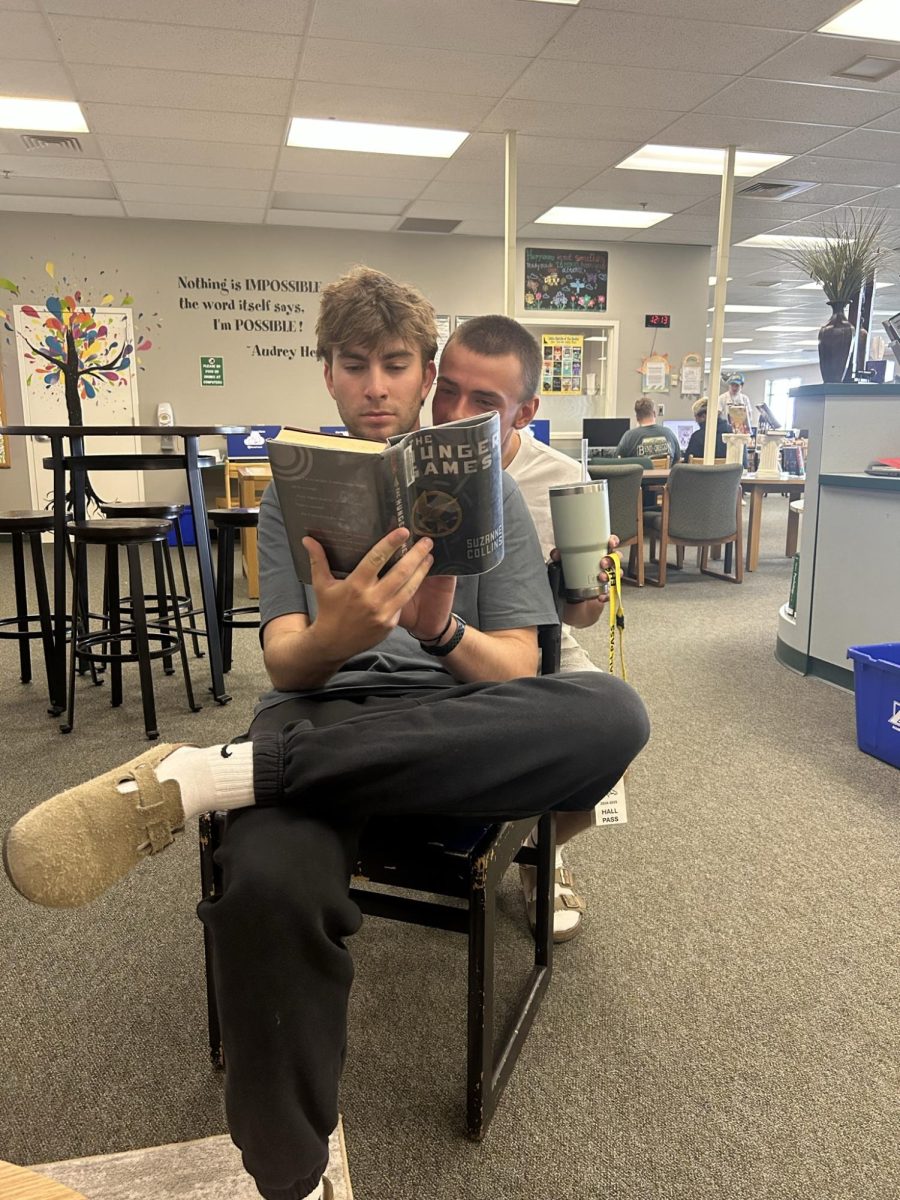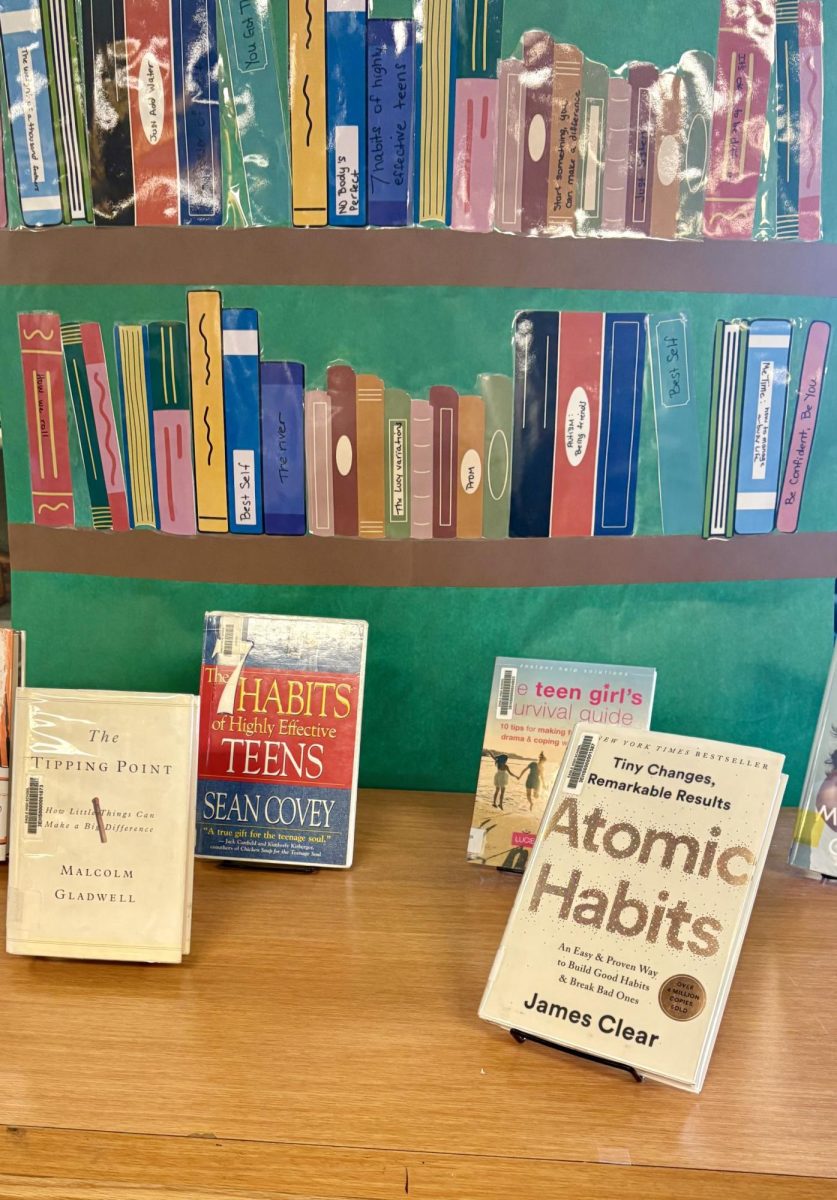With “Sunrise on the Reaping” by Suzanne Collins surpassing 1.5 million copies in the first week of its release, it has already surpassed its predecessors, “The Ballad of Songbirds and Snakes” and “Mockingjay.” The novel, set 25 years before the events of “The Hunger Games,” provides a wider and more in-depth look at the world of Panem.
The first trilogy of “The Hunger Games,” released from 2008 to 2010, focused on the protagonist Katniss Everdeen as she battles against an oppressive government and the series’ antagonist, President Snow, who was later given the spotlight in Collins’ book “The Ballad of Songbirds and Snakes,” released in 2020. The Hunger Games world caught fire amongst audiences, with the books being adapted into movies from 2012 to 2015.
Now, almost two decades later, ‘Sunrise on the Reaping’ shines light on the dangers of propaganda. One of the main themes consistently brought up is the warning against propaganda. On the first page of this book, Collins includes a multitude of quotes from other books about propaganda, even using a paragraph from George Orwell’s “1984.” In fact, throughout the novel, Collins uses many devices to refer to the dystopian world and the watching eye of the government.
According to thenewyorktimes.com, “In expanding Haymitch’s story, Collins paints a shrewd portrait of the machinery of propaganda and how authoritarianism takes root.”
Collins also uses another famous author to further give her story a layer of depth. She uses the poem “The Raven” by Edgar Allen Poe to bring a deeper sense of the despair the character goes through. The character in question: Haymitch Abernathy, who was Katniss and Peeta’s mentor in the original trilogy. He is described as being a drunk, outspoken and at times downright devious.
With “The Ballad of Songbirds and Snakes,” being about President Snow, whose life was largely left out of the original trilogy, his story got to be started from a fresh perspective. Yet, in “Sunrise on the Reaping,” Haymitch’s story was loosely described and talked about in ‘Catching Fire,’ the second book in “The Hunger Games” trilogy.
The story of Haymitch was one of devastation, and this book truly dives into the horror and terror felt by the youth of this world.
According to the hollywoodreporter.com, “Collins said, ‘With Sunrise on the Reaping, I was inspired by David Hume’s idea of implicit submission and, in his words, ‘the easiness with which the many are governed by the few.’ The story also lent itself to a deeper dive into the use of propaganda and the power of those who control the narrative.”’












































































